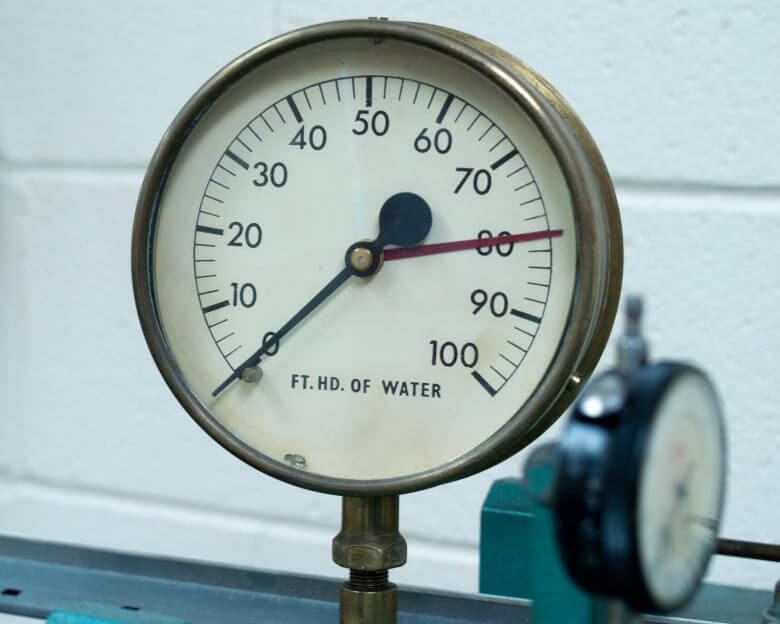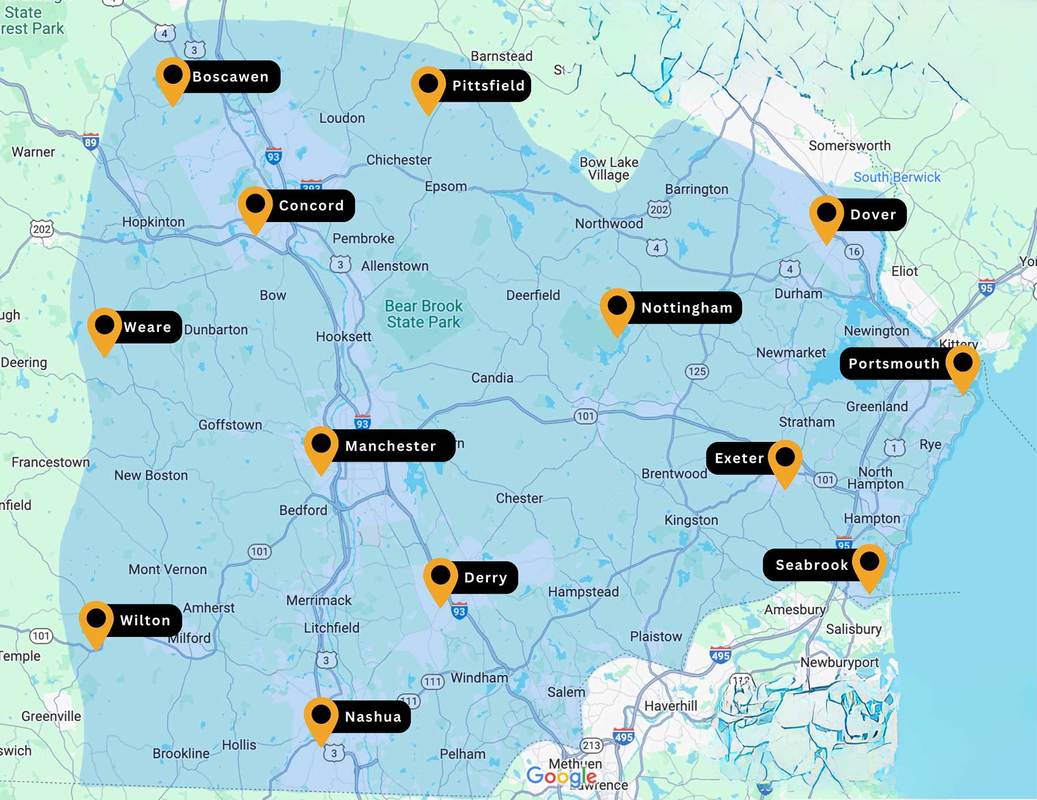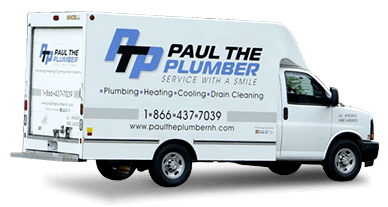
It may be an unpleasant surprise to realize that the average life expectancy of your boiler is only around ten to fifteen years. Once it passes the decade mark, it’ll gradually start losing efficiency, becoming less capable of doing the work you need it to perform.
When this happens, the best course of action is to invest in an upgrade — but how do you choose a replacement boiler?
The process may be easier than you’d expect. You have a lot of choices, but it’s easy to narrow things down if you can be clear on the needs of your household.
How to Choose a New Boiler
There’s more to boilers than what may first meet the eye. So before you think about an upgrade, you want to figure out what type of boiler will best suit your heating goals. You can choose a combi (or “combination”) boiler, a system boiler, or a regular boiler.
Each boiler type has its advantages and disadvantages, so let’s delve a little deeper into what sets these boilers apart.
Combi Boilers
Combination boilers are sealed systems that provide hot water for taps and the central heating system. They don’t require a separate hot water cylinder or a cistern in the roof, and because of that, they’re easy to install while still being a good source of water flow.
At the same time, combi boilers are priority systems, which means that they only really focus on one heating need at a time, so they’re aimed at smaller families.
System Boilers
A system boiler is fitted to an existing heating system, and they work by storing water to feed several outlets at once. This multi-feeding makes them a good option for larger homes with a greater demand for heat. They’re not too expensive and quick to install, but some consider them more complicated and therefore more prone to problems.
Regular Boilers
Regular boilers are used mainly as replacements for households with an open-vent heating system. Similar to system boilers, they store water in a separate cylinder. This setup allows them to provide hot water at a quick and even flow rate, but they require more components and space, making them more expensive to install.
Sizes and Sources: What to Consider
Once you have a basic understanding of what kind of boiler you need, you can decide on the type of fuel that you want to use to power your heating system. The fuel type you choose depends mainly on your location.
You may want a high-efficiency propane boiler if you live in an area without a reliable natural gas supply. Or, if even propane is unavailable, you can look into some of the best oil boilers for home heating that are on the market today.
How to Size a Boiler for a Building
People used to oversize their boilers on purpose, but that’s considered to be a waste of money and energy these days. We have a helpful boiler sizing rule of thumb that’s easy to calculate based on the size of your home.
The rule of thumb focuses on British Thermal Units (BTUs), which is how the heating capacity of boilers is measured. You need about fifty BTUs per square foot of interior space in a cold climate.
So if you’re wondering what size boiler to get for a 2,000-square-foot home, you can do some basic multiplication to determine that you want a system that can produce 70,000 BTUs.
With this in mind, all you need is a qualified team of plumbers to install your boiler right. For homes around Derry, that team works under Paul The Plumber.
A New Boiler with Paul The Plumber
For homes across New Hampshire, Paul The Plumber has become the recognized expert in home boiler installation. We perform high-quality plumbing work, heating and cooling services to ensure you’re covered at every point in the year.
At Paul The Plumber, we believe in giving you the peace of mind that comes from having hot water and cool air whenever you need it. We aren’t focused on doing the work that’ll give us the biggest paycheck — what we want is whatever will make your day a little better in even the smallest way.
A new boiler can be hard to navigate on your own, but with Paul The Plumber, you don’t have to take a single step without us having your back. So call us today to learn why we bring service with a smile every time. We’re ready to answer all of your questions, from “what size boiler do I need for 2,000 square feet” to “what is the best boiler for me?”







